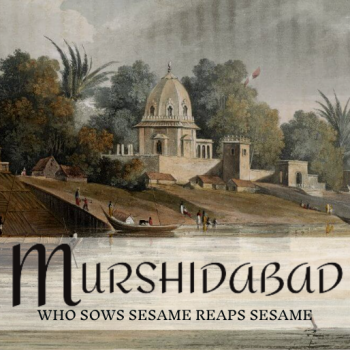Among the few people who care about such things, I am known to be someone who is opposed to the LDS Church having a formalized theology. Of people like me the Catholic theologian Stephen H. Webb has said:
These anti-foundationalist scholars [those who do not believe that a systematic Mormon theology is necessary] celebrate Mormonism as a uniquely fluid and flexible Christian tradition that is unconstrained by doctrinal principles and philosophical commitments. . . . some Mormon scholars would argue that Mormonism does not have (and should not have) methodical and metaphysical ambitions. (Mormon Christianity: What Other Christians Can Learn from the Latter-day Saints, 25)
Webb goes too far; I doubt that anyone would say that Mormonism is "unconstrained by doctrinal principles and philosophical commitments." But he's right: those who think as I do "argue that Mormonism does not have (and should not have) methodical and metaphysical ambitions."
There are not many Latter-day Saints who do theology in a formal way. The Society for Mormon Philosophy and Theology has a well-attended annual conference. But the hundred or so people who take part are an infinitesimally small percentage of the membership of the LDS Church, and whatever their theology, they overwhelmingly represent the stereotypical Mormon: white, male, middle class, university educated, living in one of the Mormon pockets of the U.S., such as the Wasatch Front or Orange County, California. We are few and generally unrepresentative of the Church as a whole in any way.
Though the LDS Church has declared some beliefs to be doctrinally binding, they are not many. Nor does the Church have an official formal theology explaining its beliefs. The LDS Church began amidst the Restorationist movements of 19th-century America, and it continues to hold the Restorationist anti-creedal view that basic religious beliefs need no theological explication. They mean what they mean without theological underpinnings.
Without creeds or theology, how do Mormons know what they believe? How does one know that the doctrines of the Church are? Things taught in the canonized scriptures of the Church (which Mormons call "the standard works") are, of course, doctrinal. There are also a few official statements of doctrine by the highest leadership of the Church, such as the 1917 statement concerning the Godhead (the Trinity for other Christians). But there are not a great many such beliefs. Most Mormon beliefs have a basis in scripture or prophetic declarations, but are themselves not doctrinally binding.
For example, it is doctrinal that there are three degrees of salvation after this life and that almost all human beings will enter into one of them. Doctrine and Covenants 76 and 88 teach that. But in the last two hundred years various Mormons have said a lot about those kingdoms that goes beyond what is in the standard works. It is commonly said, for example, that people will be happy in whatever kingdom they inherit. Probably most Mormons believe that. It probably counts as church doctrine, though I don't believe it is said anywhere in a way that makes it authoritatively binding. How, then, has it come to be doctrinal?
Theologically Mormonism is like a river rather than a building: a building stands because it has a sound, relatively rigid and static structure; in contrast, a river has banks and direction that support its structure, but the river's fluidity is part of its essential structure. Writing about the fluidity of Mormon theologizing, Nathan B. Oman says: "A statement does not become Church Doctrine by virtue of being uttered by any particular Church leader or even by virtue of being printed in the Standard Works." Instead, when engaged in a theological discussion, Mormons usually decide what they take to be doctrinal by reasoning "on the basis of clear cases, fitting the new question into a story that will place things in their best possible light" ("Jurisprudence and the Problem of Church Doctrine"). In the absence of definitive official statements by the LDS Church, the Mormon understanding of what constitutes doctrine is essentially an ongoing hermeneutic: different persons may well give different narratives that manifest what they take to be the best way of bringing together as many clear cases as possible. Over time some of those narratives take hold and others shrivel away. What takes hold is doctrinal. We assume that process is guided, though not guaranteed, by the Holy Ghost.
There are several complications to that explanation of how Mormons do theology, but it is sufficient for this column. My view is very similar to Oman's. I think that's what theologizing means in a Mormon context, and I think that's the way it ought to remain—except there is a problem.





